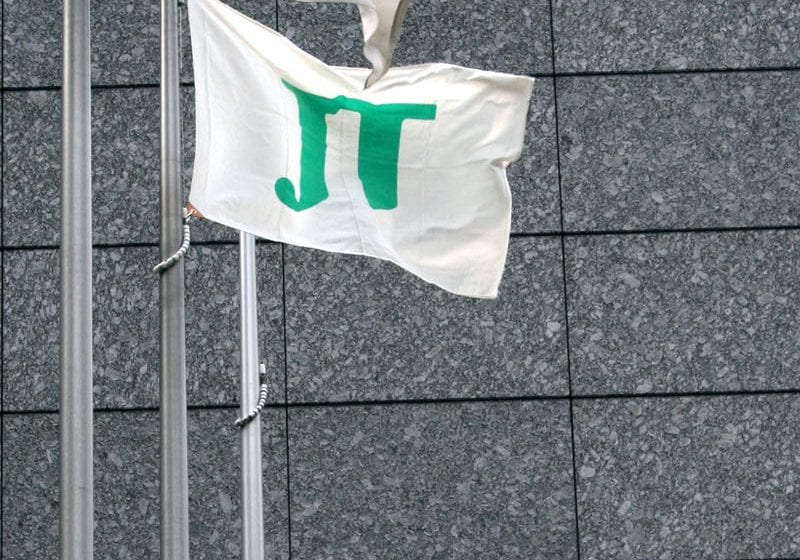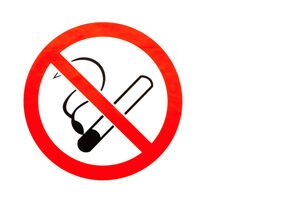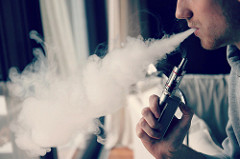The grower price for leaf tobacco produced during Japan’s 2018 harvest has been set at an average of ¥1,887.14 per kg for all leaf types, an increase of 0.51 percent on the previous year’s price of ¥1,877.57 per kg.
The 2017 price was the same as that for 2016-season tobacco, but the 2016-season price was down by 2.2 percent on that of the 2015 season, ¥1,920.1 per kg, which was up 0.71 percent on that of the 2014 season, ¥1,906.47 per kg. The 2014 season price was the same as that of 2013 but up by 0.84 percent on that of 2012.
Japan Tobacco Inc. said yesterday that the Leaf Tobacco Deliberative Council (LTDC), chaired by Yoshio Kobayashi, had released its annual determinations for the domestic leaf tobacco cultivation area and grower prices for 2018, in response to a proposal submitted by JT earlier in the day.
‘The Council was in general agreement with JT’s proposal, and determined that in 2018, the domestic tobacco cultivation area will be set at 7,436 ha, a decrease of 4.7 percent compared to the contracted area of the previous year.’
The council went along too with JT’s price recommendation.
The LTDC is described as a council that confers on important matters concerning the cultivation and purchase of domestically-grown leaf tobacco in response to inquiries by JT representatives. It comprises no more than 11 members who are appointed by JT with the approval of the Minister of Finance, from among representatives of domestic leaf tobacco growers and academics.








